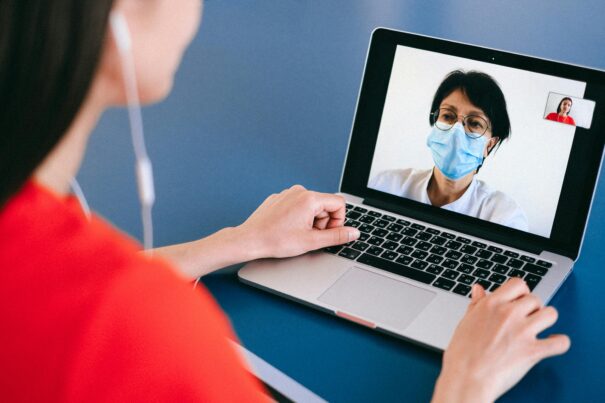
Telehealth has emerged as a transformative force in healthcare, breaking down barriers to access and revolutionizing the way patients connect with their healthcare providers. Particularly in the realm of reproductive healthcare, telemedicine has become an indispensable tool, offering a lifeline to individuals facing obstacles in accessing vital services. From the convenience it offers patients to the crucial role it plays in circumventing restrictive policies, telehealth is reshaping the landscape of reproductive healthcare access.
Telemedicine abortion shield laws have become a critical resource for individuals living in states where abortion restrictions or bans prevent them from accessing medication abortion — or abortion through pills rather than a surgical procedure. Protected by these shield laws, medical professionals who live in states where abortion pills are accessible are able to meet online with patients, then prescribe and ship abortion pills to the patient. They then meet with the patient again online when they take the medication. In places where abortion is restricted or banned, telemedicine abortion shield laws have been used by the leading telemedicine abortion provider, Aid Access, to provide medication abortion to 7,000 patients a month.
Legality of Providing Telemedicine Over State Lines
Telemedicine abortion shield laws are active in Massachusetts, Washington, Colorado, Vermont, New York and California. So far, the laws have not been challenged by the courts but it is predicted that they will not go unchallenged for long. While telemedicine abortion shield laws are a breakthrough for pro-abortion advocates, shield-law providers are still on high alert as they prescribe and mail medications. Many avoid traveling to states where abortion bans or restrictions are in place for fear of being arrested. They also live in constant fear of being sued and some are putting away funds in case they face a civil suit.
Who benefits from Telemedicine?
The benefits of telemedicine extend far beyond abortion access alone. From rural communities devoid of nearby clinics to marginalized populations lacking resources for travel, telehealth serves as a beacon of inclusivity, offering comprehensive healthcare solutions to those in need. Whether it’s access to birth control or therapy services, telemedicine represents a powerful tool in the fight for reproductive rights, countering the efforts of anti-abortion advocates and ensuring that essential medical care remains accessible to all.
